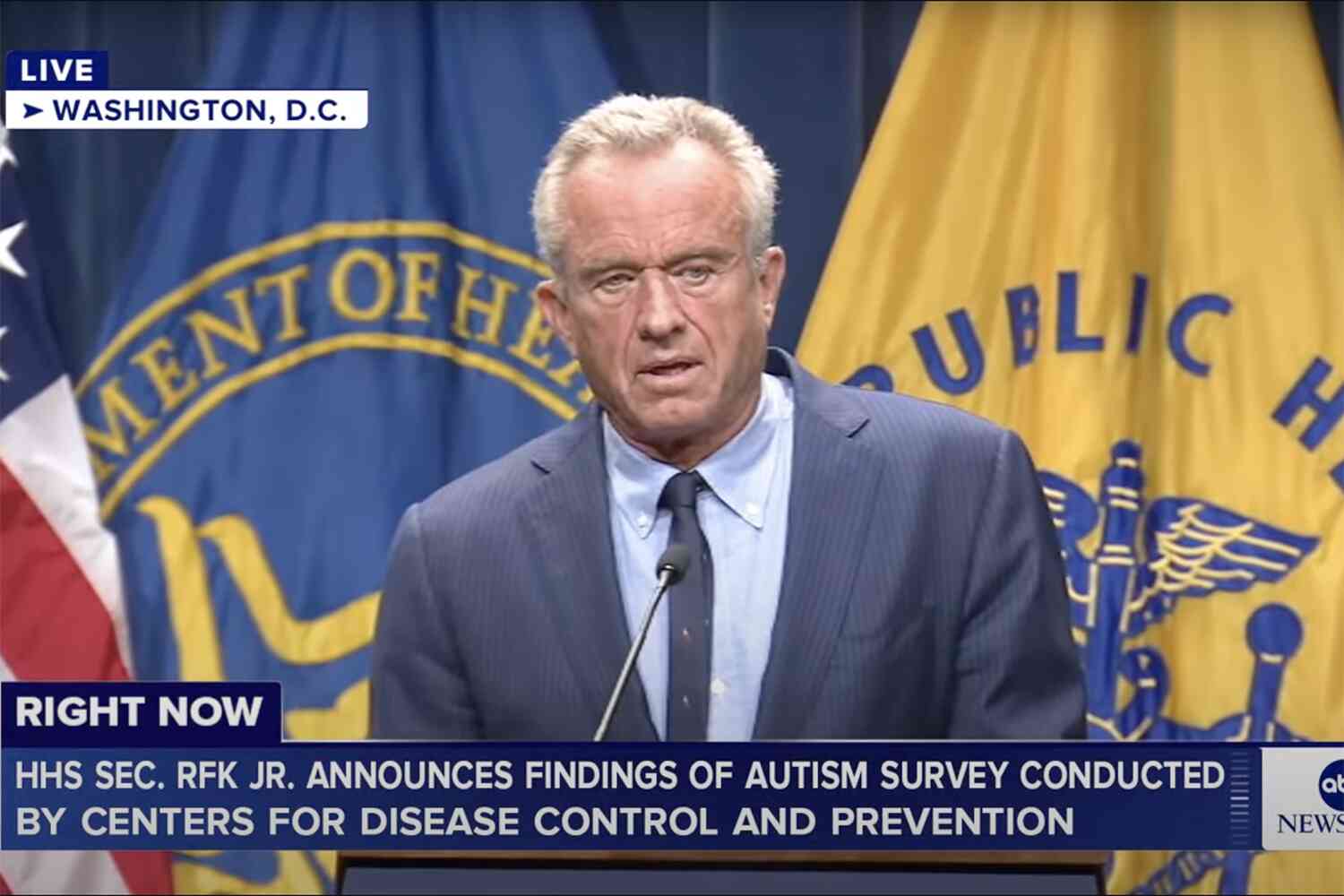Well, this is interesting. Cleveland Clinic decided to track 53,000 employees to see if the flu vaccine prevented them from getting the flu and, well...
Here's a handy chart for the nerds:

Let's talk about how they performed the study, which was specifically purposed to "evaluate the effectiveness of the influenza vaccine during the 2024-2025 respiratory viral season."
From that link at the top:
Employees of Cleveland Clinic in employment in Ohio on October 1, 2024, were included. The cumulative incidence of influenza among those in the vaccinated and unvaccinated states was compared over the following 25 weeks. Protection provided by vaccination (analyzed as a time-dependent covariate) was evaluated using Cox proportional hazards regression.

Here's how that went:
Among 53402 employees, 43857 (82.1%) had received the influenza vaccine by the end of the study. Influenza occurred in 1079 (2.02%) during the study. The cumulative incidence of influenza was similar for the vaccinated and unvaccinated states early, but over the course of the study the cumulative incidence of influenza increased more rapidly among the vaccinated than the unvaccinated.
In an analysis adjusted for age, sex, clinical nursing job, and employment location, the risk of influenza was significantly higher for the vaccinated compared to the unvaccinated state (HR, 1.27; 95% C.I., 1.07 - 1.51; P = 0.007), yielding a calculated vaccine effectiveness of −26.9% (95% C.I., −55.0 to −6.6%).

So a Cleveland Clinic employee's chances of fighting off the flu - again, according to this Cleveland Clinic study - seem to be 27% less if they were vaccinated with the flu vaccine.
Just in case you need to corroborate the above info, here's the abstract page from the official study (again, by THE Cleveland Clinic).
And here is the official conclusion:
I'm not claiming anything here. Do whatever you will with this information from the Cleveland Clinic!
P.S. Now check out our latest video 👇









